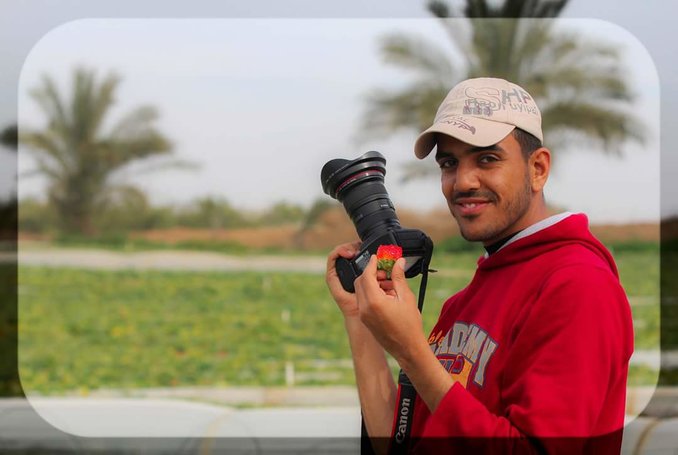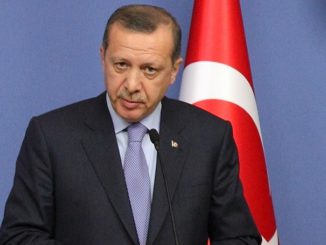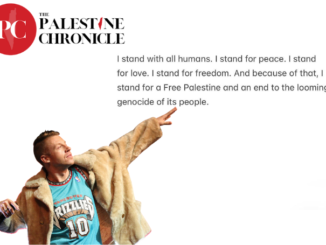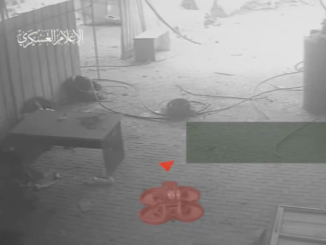
By Don Carson
The US government and media endlessly claim Israel has a right to defend itself and how retaliation by Israel – it is always called retaliation – is always justified.
When Israel attacks Gaza the Palestinians are denied the same right of defense. It is partly because states always demand a monopoly on the use of violence, and since Palestinians have no state the idea goes that they are not allowed to defend themselves from an attack by a state.
The other reason is more obvious. In Western eyes the Israelis are the good guys and the Palestinians are the enemy. It is as simple as that.
An even deeper double standard has been revealed in the Israeli sniper assassination of the Palestinian journalist Yasser Murtaja on the Gaza side of the Gaza/Israel border.
He was wearing the universal identification of journalists in war zones. Even the Israelis don’t deny that.
The Israeli Defense Minister, Avigdor Liberman said Murtaja was flying a drone over IDF forces, and by doing so was posing a threat.
Liberman told Israel Radio “all the demonstrators near the security fence in the Gaza Strip receive salaries from Hamas. Those who are trying to breach the border are members of the Hamas’ military wing.”
Liberman said of the journalist that “there are no innocent people in the Gaza Strip [border area]. There are no protesters there. Whoever flies a drone over IDF forces – we will not take a chance. We warned everyone in advance. We issued warnings in Arabic, Hebrew and English. Whoever endangers his life does so knowingly.”
So, it seems, the Israelis don’t have the capacity to shoot down a drone that they believe is threatening them. It’s much better to shoot dead the journalist who they claim was controlling the drone, though this is a now common way of getting news footage.
More importantly, the Israelis overfly Gaza with drones and military aircraft all of the time. And they use them to kill the Palestinians below. If the Palestinians in Gaza react to this death from the sky then it’s termed terrorist violence against Israel.
As for the warnings to stay away from the border issued by Israel. Imagine if the Palestinians in Gaza warned the Israelis to stay away from their side of the border, how the Israelis would react.
The political context here is that the Palestinian population of Gaza is 1.9 million. Of these 1.3 million are refugees from what is now Israel. Under international law they are allowed to go home. Israel won’t negotiate that right. Israel would prefer to keep the Gaza population under a siege and blockade that has now gone on for more than a decade.
So, imagine how Palestinian refugees feel looking over the so-called border into a country called Israel, and into Israeli towns where the majority of the inhabitants were not even born in Israel, but assert they have a right to live in Israel and that the Palestinians who were born there do not.
No wonder the Israelis are keen to deal with journalists like Yasser Murtaja, who might point out that basic fact.
-Don Carson is a member of Wellington Palestine and a communications specialist with experience as a radio and television journalist. This article has originally been published by Wellington Palestine.








Free speech is first and foremost among human rights – without free speech there can be no human rights, only slavery. A free press is an essential part of free speech, and all democracies should call for constitutional reform to ensure media freedom and prevent the government oligarchy from monopolizing the media, the internet and other channels of communications. All people must be protected against enforced disappearance, torture and other forms of abuse, and absolute law must take precedence over international law and the constitution. For more, see the Charter for Permanent Peace and Development.